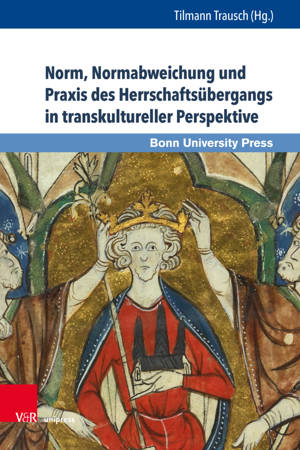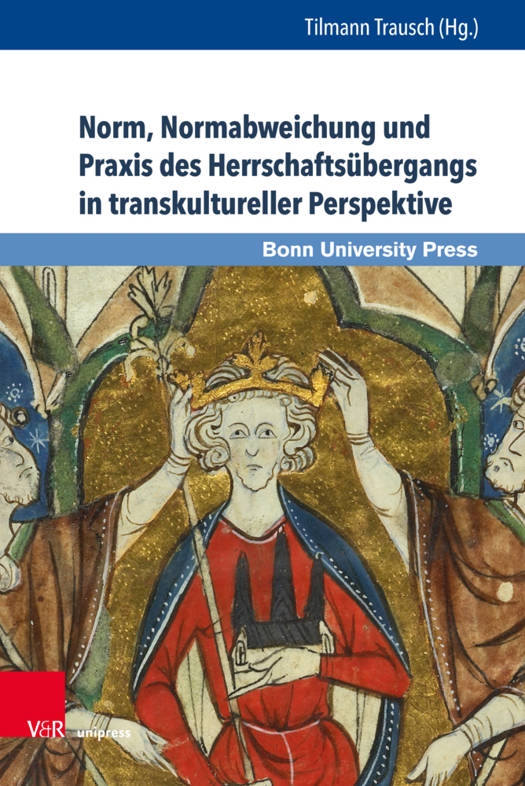
Bedankt voor het vertrouwen het afgelopen jaar! Om jou te bedanken bieden we GRATIS verzending (in België) aan op alles gedurende de hele maand januari.
- Afhalen na 1 uur in een winkel met voorraad
- In januari gratis thuislevering in België
- Ruim aanbod met 7 miljoen producten
Bedankt voor het vertrouwen het afgelopen jaar! Om jou te bedanken bieden we GRATIS verzending (in België) aan op alles gedurende de hele maand januari.
- Afhalen na 1 uur in een winkel met voorraad
- In januari gratis thuislevering in België
- Ruim aanbod met 7 miljoen producten
Zoeken
Norm, Normabweichung Und PRAXIS Des Herrschaftsubergangs in Transkultureller Perspektive
€ 73,95
+ 147 punten
Uitvoering
Omschrijving
Modern imaginations of premodern transitions of power are shaped by the idea of the father-son transition; this is not without reason, as patrilineality plays a major role in notions of legitimate rule in premodern cultures. However, the etic emphasis on the centrality of rulers' sons simplifies the complexity of historical realities. While origins serve as a normative argument and means of coping with contingency, in practice, suitability and success also play a central role. Thus, from a transcultural perspective, premodern transitions of power can be located in the tension field between norm and practice, rule and recognition, system and reform, and role and person. Against this background, the present volume examines the contemporary handling of such transitions in which the successor was not his predecessor's son.
Specificaties
Betrokkenen
- Uitgeverij:
Inhoud
- Aantal bladzijden:
- 448
- Taal:
- Duits
- Reeks:
- Reeksnummer:
- nr. 3
Eigenschappen
- Productcode (EAN):
- 9783847110767
- Verschijningsdatum:
- 9/12/2019
- Uitvoering:
- Hardcover
- Formaat:
- Genaaid
- Afmetingen:
- 157 mm x 229 mm
- Gewicht:
- 771 g

Alleen bij Standaard Boekhandel
+ 147 punten op je klantenkaart van Standaard Boekhandel
Beoordelingen
We publiceren alleen reviews die voldoen aan de voorwaarden voor reviews. Bekijk onze voorwaarden voor reviews.








